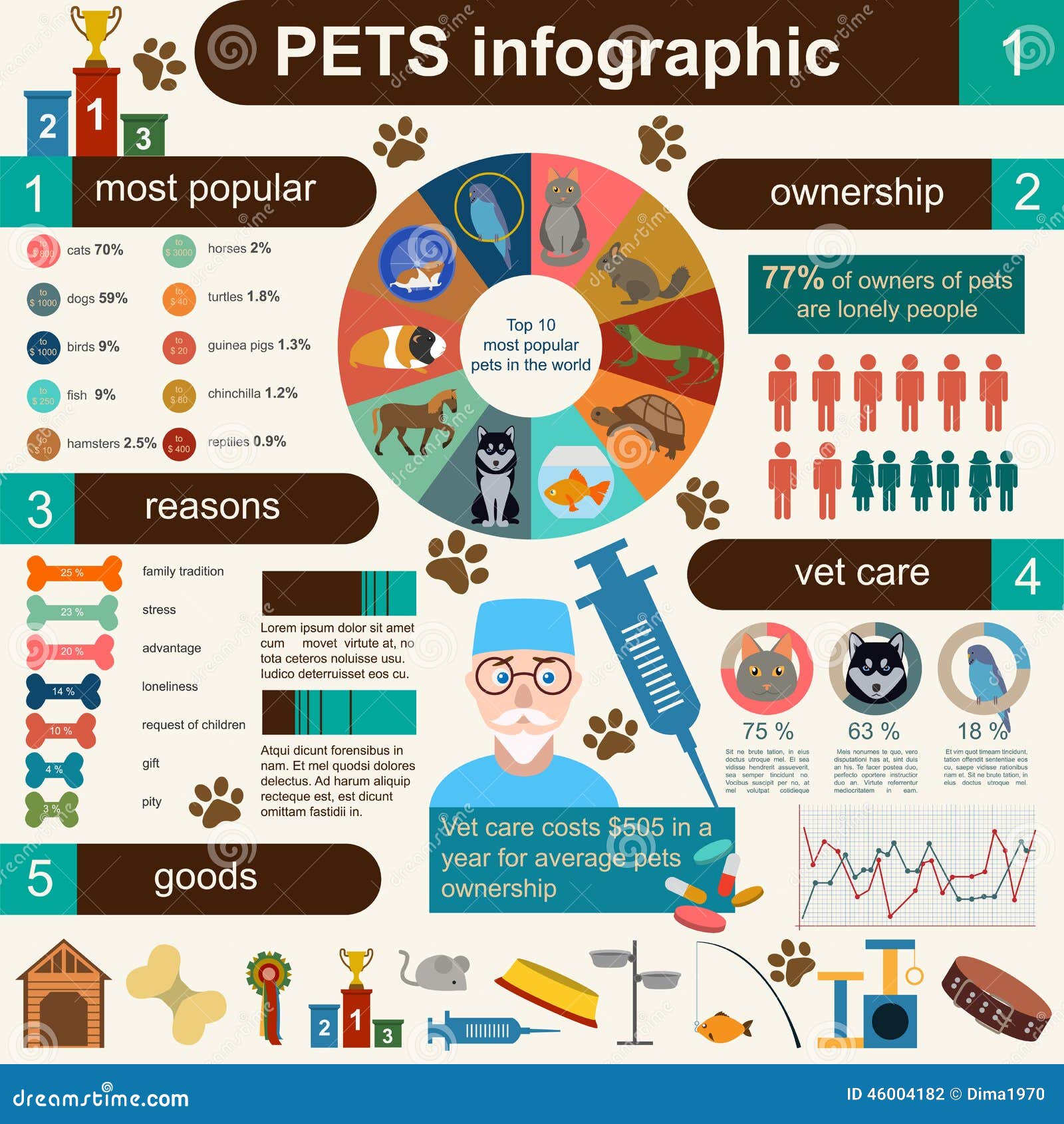Top 5 Benefits Of Dog Day Care For Busy Professionals”
Top 5 Benefits Of Dog Day Care For Busy Professionals”
Blog Article
Can Dog Day Care Cause Illness?
Opportunities are that if your pet dog is frequently exposed to various other pet dogs, even if they're correctly immunized, they might come home with some sort of disease. Vaccinations, normal veterinary check-ups, and great hygiene techniques can reduce threat aspects for infection and disease.
Emphasized or distressed pets can create gastrointestinal problems and other health issues that are easily spread between dogs. Establishing age restrictions and behavioral rules can help ensure that only healthy pets enter your center.
Distemper
Canine distemper is a serious and often fatal infection that strikes a pet's respiratory system, digestive system, skin and body immune systems. Pups are specifically prone and can acquire the illness with direct contact with an infected pet or via the air-borne transmission of infection bits released during coughing, sneezing or breathing.
The incubation period for canine distemper is between 3 and 7 days. While pups at daycare might appear to catch parvo from one more infected canine, it's unlikely since the incubation duration is so brief.
While there is no remedy for canine distemper, helpful care can help dogs recover. This consists of fluids, antibiotics and medications to regulate seizures. The Drake Facility for Vet Care notes that symptoms include dripping eyes and nose, looseness of the bowels, vomiting, loss of appetite and neurological problems such as twitching and tremors. Pups require a full vaccination collection and annual boosters to safeguard them against this condition, which is why trustworthy dog day care centers require current vaccinations.
Kennel Coughing
Kennel Coughing (Dog Infectious Tracheobronchitis) is a very infectious upper respiratory system condition caused by microorganisms and viruses. It spreads out via airborne droplets from a coughing or sneeze, direct contact, and sharing of infected items such as toys or water bowls. It is native to the island in position where lots of canines are housed close together, such as kennels, dog parks, brushing beauty parlors and shows. Numerous injections are available to shield versus the pathogens that create kennel coughing, and proper health methods can help protect against infection.
The traditional symptom is a completely dry, hacking cough comparable to that of a goose honk, and a lot of canines recoup with little treatment. However, extreme cases can bring about pneumonia, and young puppies or canines with pre-existing ailment are at greater danger for complications. To quicken recovery, utilize a harness instead of a collar while your pet dog is recovering to prevent irritation to the windpipe. A humidifier might also assist to moisten the air and protect against dry coughing.
Parvovirus
Parvovirus (CPV) is a serious illness in dogs. It resembles feline panleukopenia (feline distemper), yet it's a lot more harmful and can spread out quickly amongst dogs as a result of its incredibly resistant nature.
This virus strikes the digestive tract cellular lining of a canine, damaging it and triggering microorganisms to slough off right into the blood stream. The weakened body immune system and frustrating bacteria cause septic shock, which is usually deadly.
Fortunately, vet healthcare facilities offer efficient treatment for parvovirus. These medicines are offered directly right into a patient's bloodstream and targeted in the direction of the particular pressure of parvovirus. This treatment approach is highly efficient and helps retrain the body immune system to fight off the infection. Pet dogs with extreme signs are usually hospitalized for several days for tracking and extensive care to guarantee their survival. Puppies, unvaccinated canines and pet dogs with weak body immune systems are particularly vulnerable to parvovirus. This is specifically real for young puppies birthed dog kennels boarding to roaming mothers and shelter settings, where they are exposed to numerous various other unwell and vulnerable canines.
Pooch Flu
Canine influenza (CIV) is an infectious respiratory system disease that can be caused by canines sharing polluted surface areas or direct contact with breathing secretions. CIV spreads conveniently in environments where there are high numbers of canines, such as pet dog parks, childcares, grooming facilities and veterinary facilities.
Contaminated dogs shed the infection via aerosol respiratory system droplets when coughing or sneezing, and may contaminate items they enter contact with like cages, playthings, food bowls, chains and the hands and clothing of people who manage them. Pets can additionally be "quiet carriers" spreading the infection without revealing any signs themselves.
Signs of canine flu consist of nose and eye discharge, cough, fever, loss of appetite, and weak point. The infection can advance to pneumonia, which can be deadly in some pets. PCR viral testing is available for confirmation of infection. Ideally, examples (generally deep nasal or pharyngeal swabs) for PCR screening should be collected within four days of the beginning of scientific indicators.